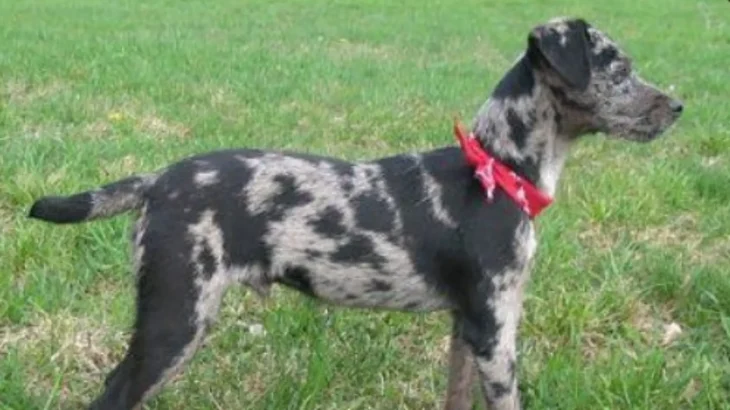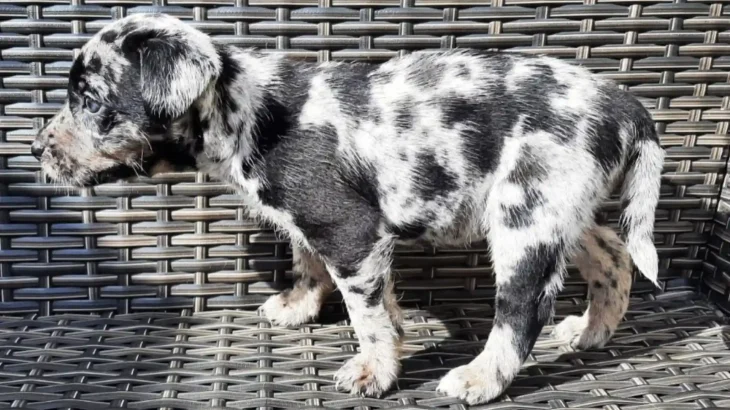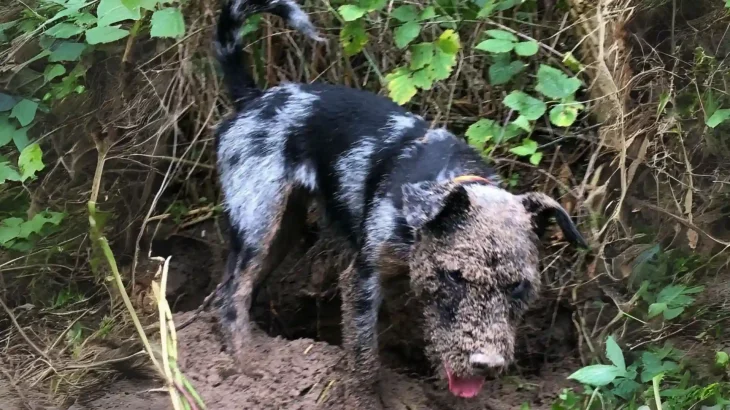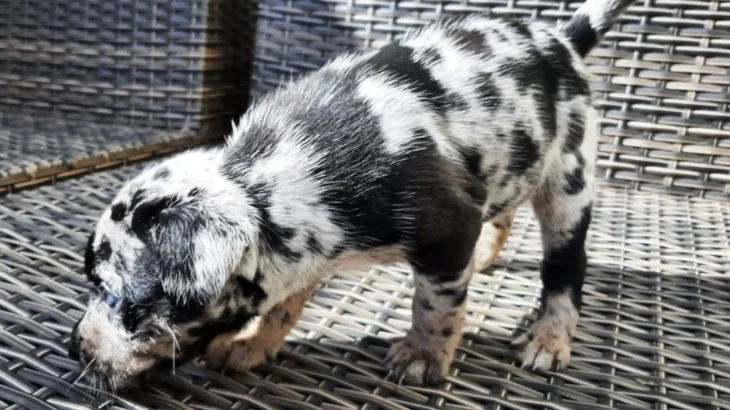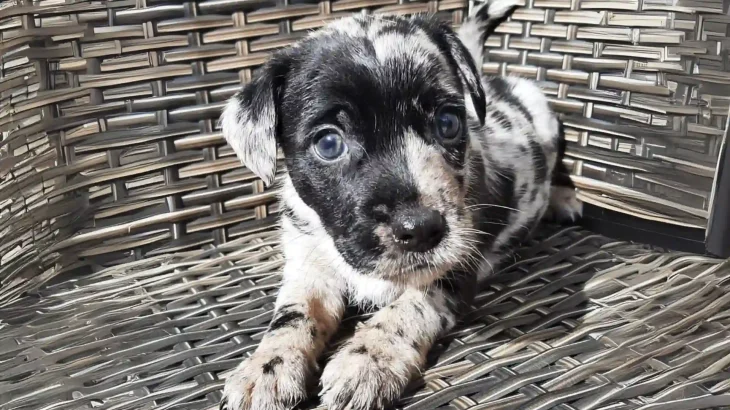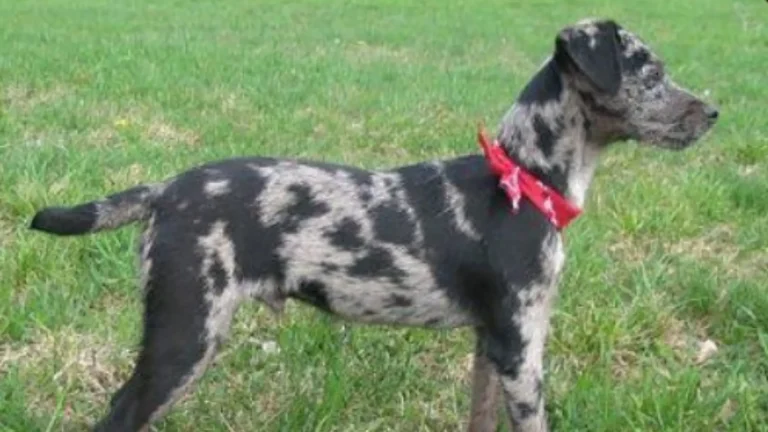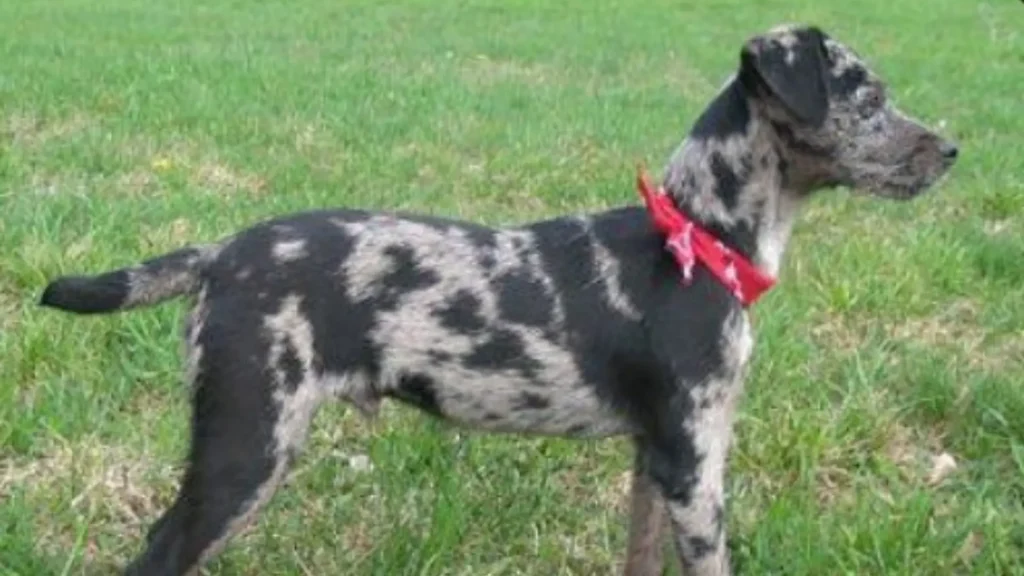Deciding whether to adopt or buy an Atlas Terrier puppy depends on your priorities around health transparency, cost, and supporting responsible practices. Purchasing from a reputable breeder can offer detailed health history and predictable breed traits, while adopting can be more budget-friendly and supports animal welfare.
| Criteria | Buying from Breeder | Adopting from Shelter/Rescue |
|---|---|---|
| Cost | Typically higher, reflecting pedigree and breeder care; can vary. | Lower fees, often including initial veterinary care. |
| Health History | Detailed records and genetic screenings usually available. | Health info may be limited; basic vet checks provided. |
| Age Availability | Mostly puppies; ideal for raising from young. | Wider age range including adults; less predictable puppy availability. |
| Temperament Insight | Breeders can share lineage traits and early behavior. | Shelter staff provide behavior observations; background less certain. |
| Supporting Practices | Supports responsible breeding if ethical breeders chosen. | Supports animal welfare and reduces shelter populations. |
| Breed Purity & Pedigree | Guaranteed pedigree and breed standards adherence. | May not guarantee pure breed or pedigree. |

